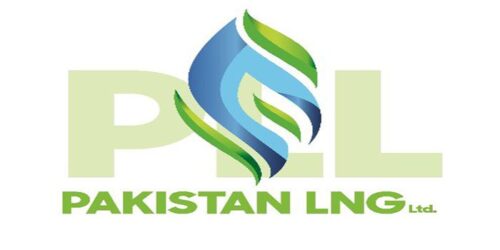The PLL issued a tender for the supply of eight cargoes for September and October, 2021. The lowest offers ranged from $13.78/mmbtu to $16/mmbtu.
Gunvor Singapore offered $15.6/mmbtu for two cargoes to be delivered on September 6 to 7 and September 10 to 11, 2021. QP Trading offered $13.78/mmbtu for the delivery on September 16 to 17, and $13.98/mmbtu for deliveries scheduled on September 30, October 11 to 12 and October 26 to 27, 2021. The Total Gas and Power offered $14.67/mmbtu for the delivery on September 26 to 27, 2021.
Pakistan has become one of the top emerging markets for the super-chilled fuel in recent years, as the domestic gas production has plateaued.
Pakistan, which imported its first cargo five years ago, currently has two LNG terminals. It is running these terminals at full capacity to meet the peak winter demand.
Another two LNG terminals, Energas and Mitsubishi’s Tabeer Energy, are expected to start operations in the next few years.
The Oil and Gas Regulatory Authority (Ogra) said that due to the increase in the number of gas consumers, the gap between the demand and supply is also on the rise. In winters, the gas demand further increases and as a result the government is being forced to curtail supplies to various sectors.
The global prices for natural gas are at multi-year highs, with high temperatures driving up the demand for power generation in the northern hemisphere for air conditioning and as traders in some regions replenish stocks ahead of winter.
Buyers in Bangladesh and Pakistan have paid over $13/mmbtu for cargoes delivered in July to meet the summer air-conditioning demand.
The power sector accounts for one-thirds of Pakistan’s natural gas consumption. The residential and industrial sectors also account for a large portion of the gas demand. In 2005/14, the consumption of natural gas was mostly flat, largely due to the gas supply constraints. Since LNG imports began in 2015, the gas demand has increased.
Pakistan’s LNG imports declined 7.76 per cent in the first 11 months of the current fiscal year to $2.3 billion, compared with the imports of $2.49 billion in the corresponding period last year, as slower activities due to Covid-19 pandemic eased the demand.
The government has mandated the state-owned companies, i.e., Pakistan State Oil (PSO) and Pakistan LNG Limited (PLL) to import the liquefied natural gas on its behalf. The PSO has signed a government-to-government contract with the Qatar Gas for a period of 15 years, whereas PLL has inked shorter-term LNG contracts with Gunvor and Shell.





